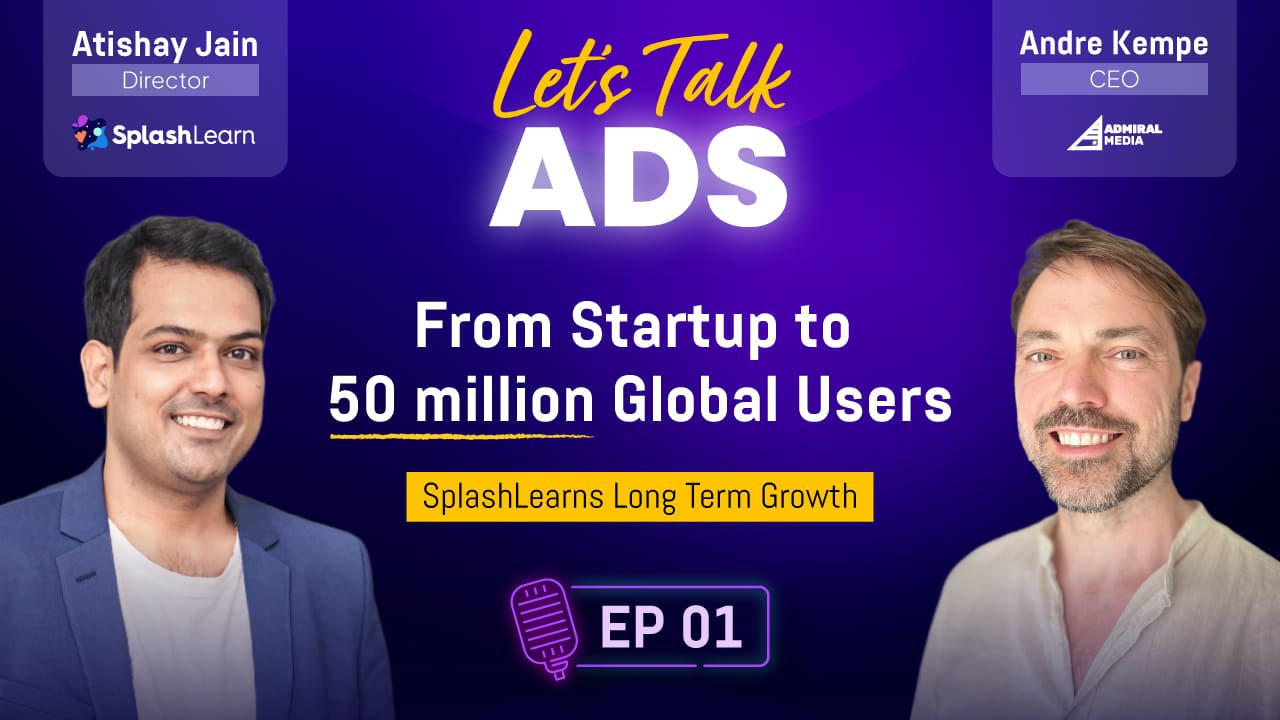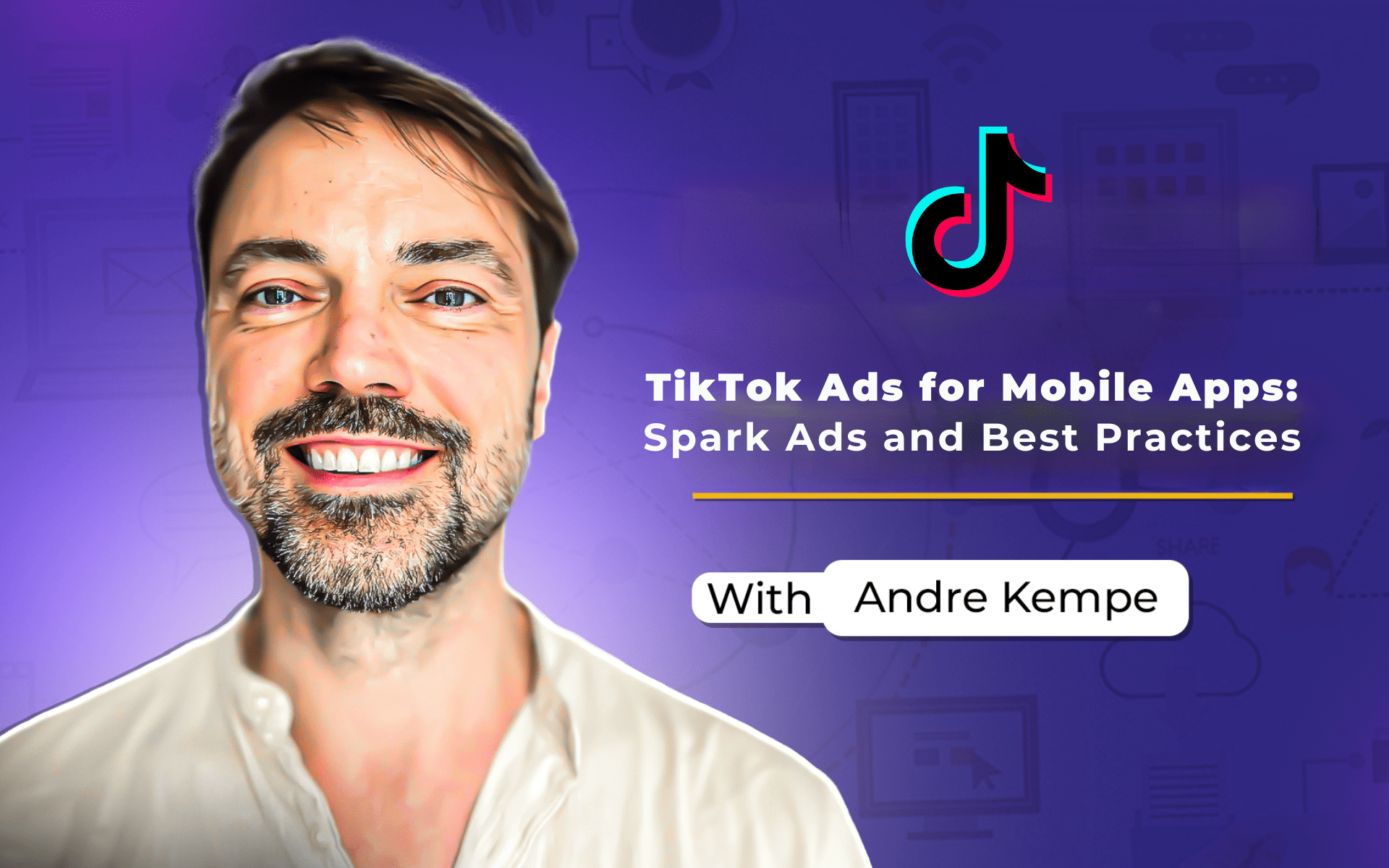Elon Musk recently completed his takeover of Twitter for roughly $44 billion. In his short time in charge, the social media platform has seen a major shake-up. Sweeping job cuts, a revamped premium service, and a clear-out of the executive board are just a few of the immediate changes. There are plenty more promises over the coming months. So, what does Elon’s takeover mean for advertisers? That’s what we’re going to explore in this article. We’ll take an unbiased look at what’s going on at Twitter and how it impacts advertisers on the platform. Let’s get into it.
Table of Contents
The expected good – more advanced advertising options
Twitter has long been considered an innovation laggard compared to its peers. Around 90% of its revenue comes from advertising. But Twitter’s ad targeting capabilities trail behind competitors like Meta, TikTok, and Google. That could be about to change.
- Musk has said he wants to make Twitter “the most respected advertising platform in the world.”
- “It is essential to show Twitter users advertising that is as relevant as possible to their needs. Low relevancy ads are spam, but highly relevant ads are actually content,” Musk tweeted.
To bring about this vision, Musk has enlisted software engineers and designers from his other companies, Tesla, Boring Company, and Neuralink. With a revamped AI and machine learning team, Twitter’s ad experiences and targeting could be revitalized. The recent rollout of new video products could indicate what to expect. The products have a striking similarity to TikTok. 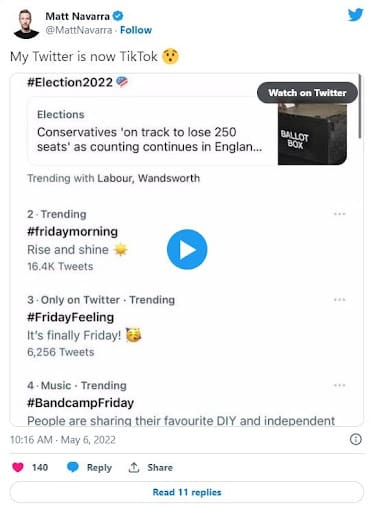
A new immersive media viewer expands to full screen with a single click. It also features an infinite scroll, much like TikTok’s “For You” page. A video carousel has also been added to Twitter’s Explore tab. Both of these features open up opportunities for more immersive and engaging video ads. They may also help Twitter gain deeper insights into user preferences. All of which can be used to improve its algorithm for content recommendations and advertising. We can expect more of these developments as Musk looks to increase Twitter’s ad revenue.
The expected good – fewer bots, more humans, more real customers
Musk has been very vocal about the number of bots on the platform. In fact, concerns over spam bots almost derailed the deal to buy Twitter, resulting in a legal battle. He claims the number of spam accounts is far larger than the 5% stated by Twitter. And he has a point. A recent SparkToro and Followerwonk joint analysis found that 19.42% of Twitter accounts fit the definition of a fake account. 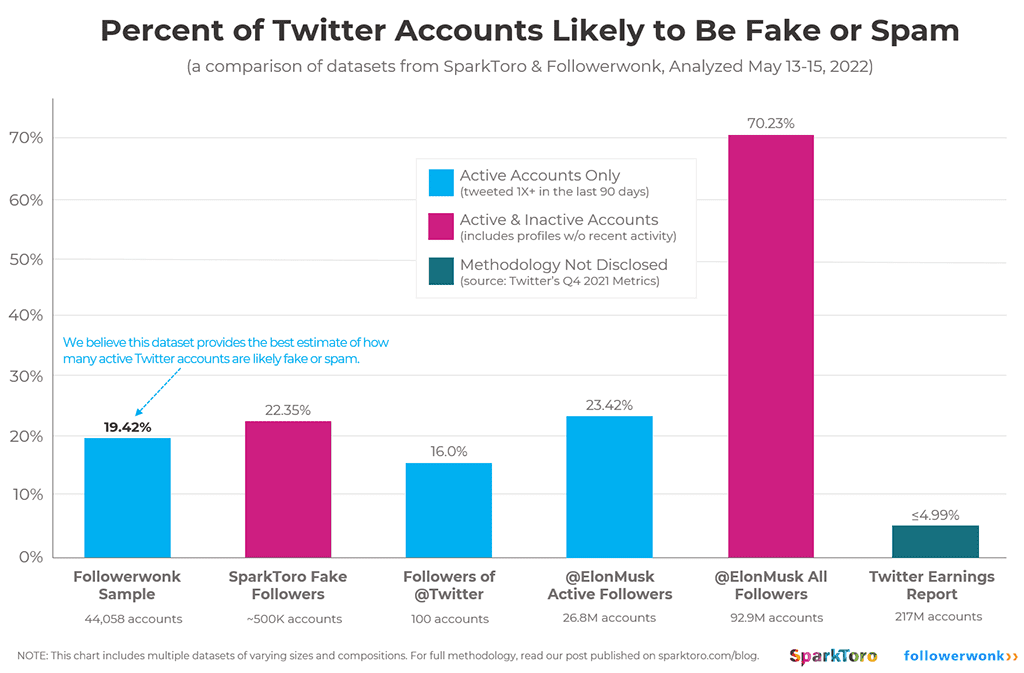 Image Source
Image Source
There’s little incentive to tackle the issue of bot accounts. Removing fake accounts reduces the size of Twitter’s “active user” base, making the platform less appealing to advertisers. Twitter isn’t the only social media platform with this problem. Meta is currently facing a class action lawsuit over “audience exaggeration.” Wasted ad impressions, artificial engagement, and fake followers make it harder to measure campaign performance and improve ROAS. Following Elon Musk’s Twitter takeover, he has promised to “authenticate” all humans on the platform. If he can tackle the bot problem, it would be a big win for advertisers.
The expected bad – brand safety
Twitter already had a “toxic” element that scared off some advertisers. With Musk sacking 15% of Twitter’s Trust & Safety staff, many ad execs are alarmed about the direction of the platform. General Motors, Volkswagen, and United Airlines are just some of the brands that have paused advertising. The concern is that Musk will allow Twitter to become an “anything-goes” wild west platform. The PayPal co-founder has previously described himself as a “free speech absolutist.” A lack of moderation could see ads displayed next to conversations and harmful content with which the brand doesn’t want to be associated. There is evidence of a spike in hate speech on the platform since Elon Musk’s takeover. A study by Montclair State University showed a dramatic increase in the usage of vulgar and hostile terms based on race, religion, and orientation. 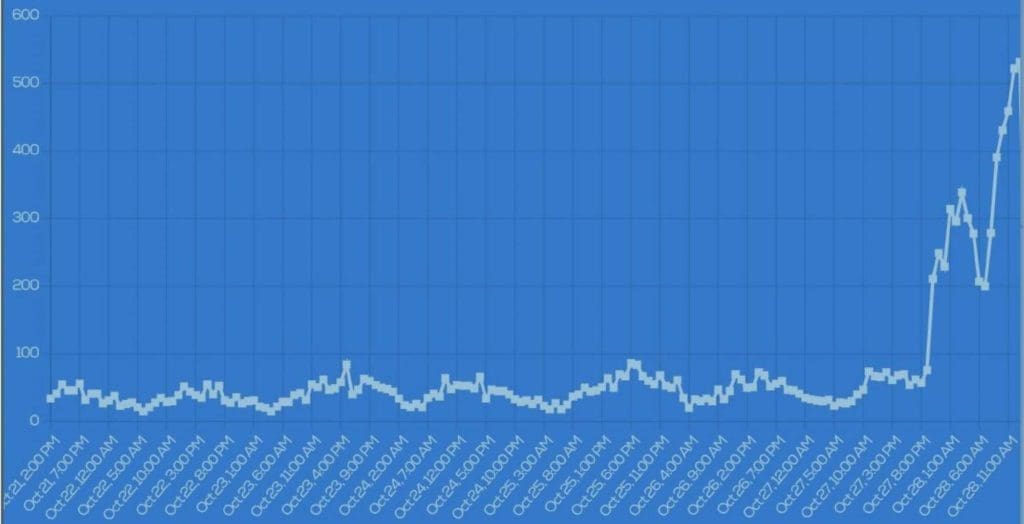 Image Source
Image Source
Musk has stated that no changes have been made to Twitter’s moderation policy. But the takeover may have created a perception amongst some extremist users that restrictions on hate speech have been weakened. In addition, there were rumors that some organizations created bots to spread that and accordingly hurt Twitter’s position, but so far, there is no real tangible evidence for this.
The expected bad – shrinking user base
A raft of users and celebrities have quit Twitter for other platforms following the takeover. A report published in the MIT Technology Review revealed that Twitter may have lost over 1 million users.
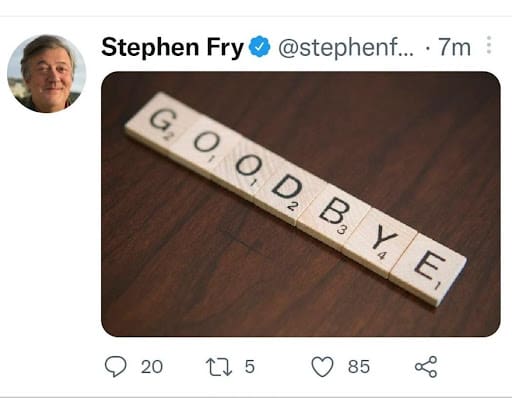
However, this might not be the case. In an email sent to some advertisers, Twitter claimed that the number of active users was accelerating and reached “all-time highs” in the week following the takeover. We don’t know for sure whether Twitter is losing or gaining new users. But we know Twitter struggled to retain its most active users before Musk’s takeover. An internal Twitter document titled “Where did the Tweeters Go?” shows that “heavy tweeters” have been in “absolute decline” since early 2020. Heavy tweeters account for less than 10% of the platform’s overall user base. But they generate 90% of all tweets and half of Twitter’s total revenue. With high-profile tweeters like Stephen Fry, Whoopi Goldberg, and others leaving, Twitter could struggle to maintain its user base. That could mean smaller audiences and weaker campaign results.
What role does Mastodon play?
With many Twitter users looking for a new home, the open-source platform Mastodon has hit the headlines. According to CEO and lead developer Eugen Rochko, the platform reached 1 million monthly active users in the wake of Elon Musk’s Twitter takeover.
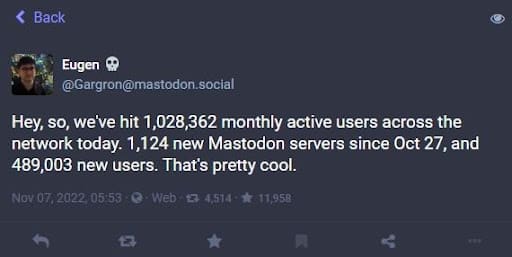
So, is Mastodon a viable alternative for advertisers? The short answer: No, it’s not a good option for advertisers. First, Mastodon doesn’t allow paid advertising. They state on their website that they will never allow ads – it’s one of the value props the founders use to promote the platform. Mastodon is a decentralized network where users can develop their own custom servers. It works similarly to Discord. If anything changes in the future, and they allow paid advertising, there will be another issue to tackle: brand safety. Unlike Twitter, there is no centralized content moderation. The users in charge of a decentralized server are free to establish their own rules and regulations. Only the local admin in charge of a server can perform moderation actions. The risk to brand safety is even greater than Twitter.
To sum up
In an open letter to advertisers, Musk wrote, “Twitter obviously cannot become a free-for-all hellscape, where anything can be said with no consequences! I also very much believe that advertising, when done right, can delight, entertain and inform you.” As an ad channel, Twitter has always had its ups and downs. After the takeover, there are still benefits and risks in using the platform in your marketing mix. Advertisers need to evaluate that risk <> reward based on what their business can afford. Elon Musk is a successful businessman. And like other social media platforms, Twitter relies on ad revenue. It’s highly unlikely that he will do anything that risks 90% of the revenue that comes from advertising.
